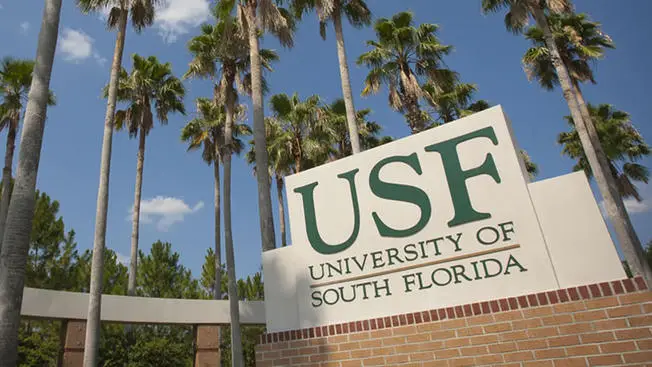In a statement issued this week coinciding with Thanksgiving, the University of South Florida acknowledged that university land once belonged to Native Americans.
The move, meant to offer greater historical context to traditional Thanksgiving celebrations, sees the university joining an increasing number of higher education institutions honoring exploited and marginalized peoples within American history and openly accepting the role universities have played since their founding.
The statement, released by the University of South Florida Department of Anthropology, offered recognition of “the historical and continuing impacts of colonization on Indigenous communities.”
The Tampa Bay Times reported that the acknowledgment was drafted by a diversity and inclusion committee, which consulted with members of the Seminole Tribe.
The Tampa Bay area, in which the university is located, was first inhabited by Native Americans. With European colonization came slavery, disease, and eradication of Indigenous peoples, culminating in the Seminole Wars of the 1800s. During this time, President Andrew Jackson’s Indian Removal Act was instrumental in the removal of the Seminoles, among other tribes, from the area.
Faculty member and chair of the diversity and inclusion committee, Sarah Taylor, said “Acknowledging the land you’re on and land you’re using is a traditional behavior of many Native American groups. It’s a sign of respect. Acknowledging this is important to being able to start a dialogue.”
Other University Land Acknowledgements
Other universities have issued similar land acknowledgment statements during the last 10 years, including the University of Connecticut, University of Illinois, and Northwestern.
Added to the list, Iowa’s three public universities are in various stages of formal land acknowledgment statements. Many Native American tribes that had lived in what is now Iowa for hundreds, if not thousands of years, were forcibly removed by the US government, which claimed the land through treaties. Counted among that stolen land is some on which Iowa universities are now located.
At the University of Iowa (UI), Tracy Peterson began the years-long process of crafting a land acknowledgment statement. A member of the Diné Nation, more commonly known as Navajo, he undertook this journey as a means “to formally recognize that the institution was built on Native lands while recognizing the institution’s responsibility to care for the land in the present,” he told The Des Moines Register.
Peterson explained, “The universities that are putting these land acknowledgments into place, the first thing they’ve got to do is recognize that your institution is on Indigenous lands — first and foremost. If we’re talking about reconciliation, if we’re talking about building community and taking our university further, that’s the first thing that needs to occur in this decolonizing process.”
According to a statement published by the UI Native American Council, the university is located on the land of 16 tribal groups, four of which “continue to thrive in the State of Iowa, and only one of which is federally recognized.”
Along with the growing recognition that university lands once belonged to Indigenous Peoples in America has come a similar acknowledgment of African Americans in the history of the United States and their place on land which is now owned by universities.



